Introduction to Bivastat 250mg Injection
Bivastat 250 mg injection contains the active ingredient Bivalirudin, a medication used in cardiology primarily as an anticoagulant (blood thinner). It is commonly administered to patients undergoing medical procedures such as percutaneous coronary intervention (PCI) or angioplasty to minimize the risk of blood clot formation during the procedure. Bivastat is also used as an alternative to heparin in patients who are at risk for or have a history of heparin-induced thrombocytopenia (HIT), a serious complication associated with heparin therapy.
Patients with a known hypersensitivity or allergy to Bivalirudin or any of its components should not receive this medication. As an anticoagulant, Bivalirudin increases the risk of bleeding and is contraindicated in individuals with active, severe, or life-threatening bleeding conditions, such as gastrointestinal bleeding, intracranial bleeding, or bleeding disorders. It may not be suitable for patients with severely uncontrolled high blood pressure (hypertension) and those with severe renal impairment or end-stage renal disease may require dosage adjustments or alternative anticoagulation strategies due to the risk of accumulation and increased bleeding.
Uses of Bivastat 250mg Injection
- Percutaneous coronary intervention (PCI)
- Heparin-induced thrombocytopenia (HIT)
- Anticoagulation during cardiac surgery
Therapeutic Effects of Bivastat 250mg Injection
Bivastat 250 mg injection directly inhibits thrombin, a key enzyme in the blood clotting process. By blocking thrombin, it prevents the conversion of fibrinogen into fibrin, thereby effectively inhibiting blood clot formation. This action is especially beneficial during medical procedures such as percutaneous coronary intervention (PCI), as it helps maintain blood flow in coronary arteries while minimizing the risk of clot formation, thanks to its rapid onset and reversible effects.
Interaction of Bivastat 250mg Injection with other drugs
Inform your doctor about all medications you are taking, including prescription drugs, over-the-counter medicines, nutritional or vitamin supplements, and herbal products. Certain medications may interact with Bivastat 250 mg injection, potentially reducing its effectiveness or causing undesirable side effects.
More Information about Bivastat 250mg Injection
- Store at room temperature, between 20-25°C
- Keep away from moisture, heat, and light.
- It should not be frozen.
- Keep away from children and pets.
How to consume Bivastat 250mg Injection
Bivastat 250 mg injection is administered via the intravenous (IV) route. It is important to follow the dosing instructions provided on the product’s packaging or as your healthcare provider recommends.
Safety Advices for Bivastat 250mg Injection

Pregnancy
Bivastat 250 mg injection may be used in pregnant women only if the potential benefits outweigh the risks and under the supervision of a healthcare provider.

Breast Feeding
Bivastat 250 mg injection may be present in breast milk in small amounts, and its effects on nursing infants are poorly studied. It is advisable to consult your healthcare provider.

Lungs
Bivastat 250 mg injection primarily affects the blood’s clotting ability and does not directly affect the lungs. it’s advisable to consult your healthcare provider.

Liver
If you have liver-related medical conditions. It is important to consult with a healthcare professional before using Bivastat 250 mg injection if you have any liver-related concerns.

Alcohol
Alcohol can increase the risk of bleeding, and it is generally unsafe alcohol consumption while taking Bivastat 250 mg injection.

Driving
Bivastat 250 mg injection does not typically impair cognitive or motor function. If you experience bleeding or side effects that affect your ability to drive or operate machinery, consult your healthcare provider.
Side Effects of Bivastat 250mg Injection
Bivastat 250 mg injection causes some side effects like all medications, although not everyone will experience them.
Serious
- Bleeding
- Allergic reactions
- Thrombosis
Common
- Bleeding
- Pain at injection site
- Headache
Word of Advice
Bivastat 250 mg injection increases the risk of bleeding, so careful monitoring is essential, especially for patients with kidney issues who may require dosage adjustments. Although it has minimal impact on liver function, severe liver disease should still be monitored. Check for allergies to heparin and ensure appropriate dosing and monitoring to prevent blood clot formation. Be cautious of potential drug interactions, manage any allergic reactions, and use this medication during pregnancy or breastfeeding only if the benefits outweigh the risks. There is limited data on its use in pediatric populations, and elderly patients may need additional monitoring. Additionally, be mindful of alcohol consumption and avoid driving or operating heavy machinery if you experience dizziness or other side effects.
FAQs
Q 1. Is there an antidote for Bivastat 250 mg injection?
Unlike some other anticoagulants like heparin, Bivastat 250 mg injection does not have a specific antidote. In cases of severe bleeding or the need for rapid reversal, healthcare providers may use supportive measures, such as blood transfusions or other agents, to counteract its effects.
Q 2. Can I discontinue Bivastat 250 mg injection on my own once my procedure is complete?
No, it is crucial to follow your healthcare provider’s instructions regarding the discontinuation of Bivastat 250 mg injection. Stopping the medication abruptly without guidance can increase the risk of clot formation or other complications.
Q 3. Are there any dietary restrictions while taking Bivastat 250 mg injection?
There are no specific dietary restrictions associated with Bivastat 250 mg injection. However, it’s essential to maintain a balanced diet and stay hydrated, as overall health plays a role in recovery from medical procedures.
Fact Box of Bivastat 250mg Injection
Molecule name: Bivastat 250 mg injection
Pharmacological class: Direct Thrombin Inhibitors
Therapeutic class: Antithrombotic agents
Indications:
1. Percutaneous coronary intervention (PCI)
2. Heparin-induced thrombocytopenia (HIT)
3. Anticoagulation during cardiac surgery

 MEDICINES
MEDICINES PATIENT ASSISTANCE PROGRAMS
PATIENT ASSISTANCE PROGRAMS IMPORTED MEDICINES
IMPORTED MEDICINES CONTACT US
CONTACT US Upload
Upload
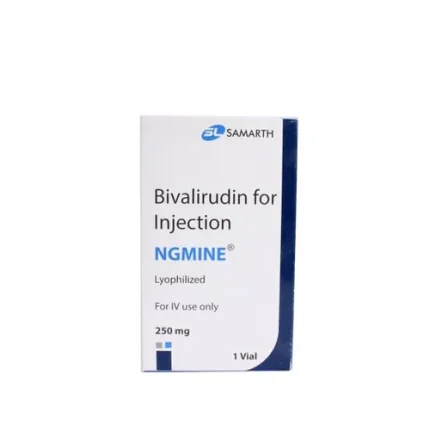
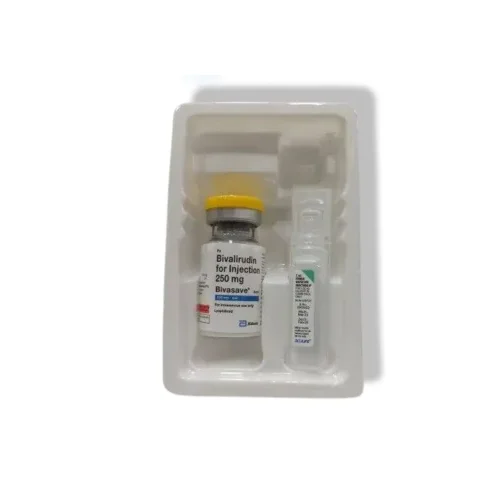


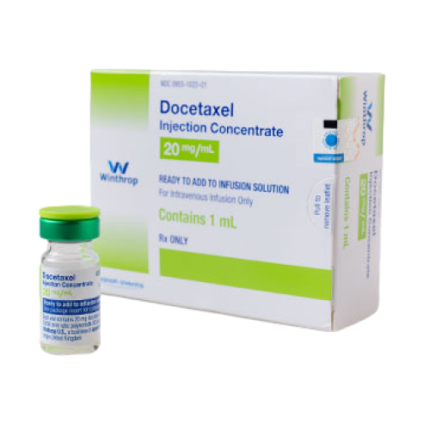



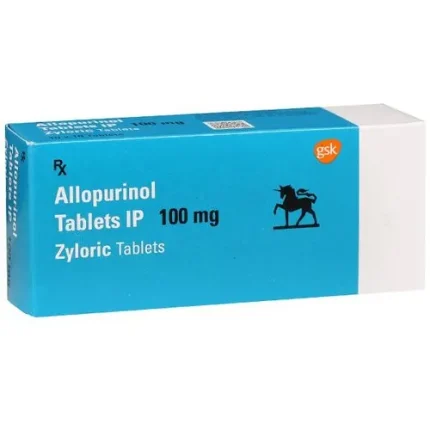

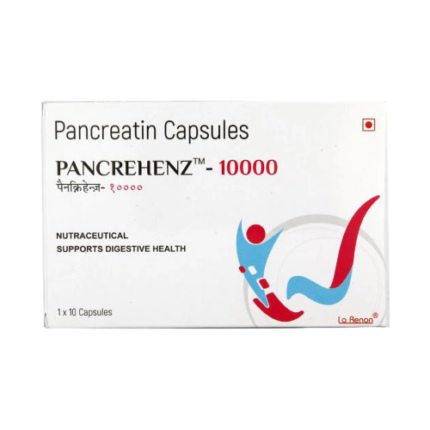

Reviews
There are no reviews yet.